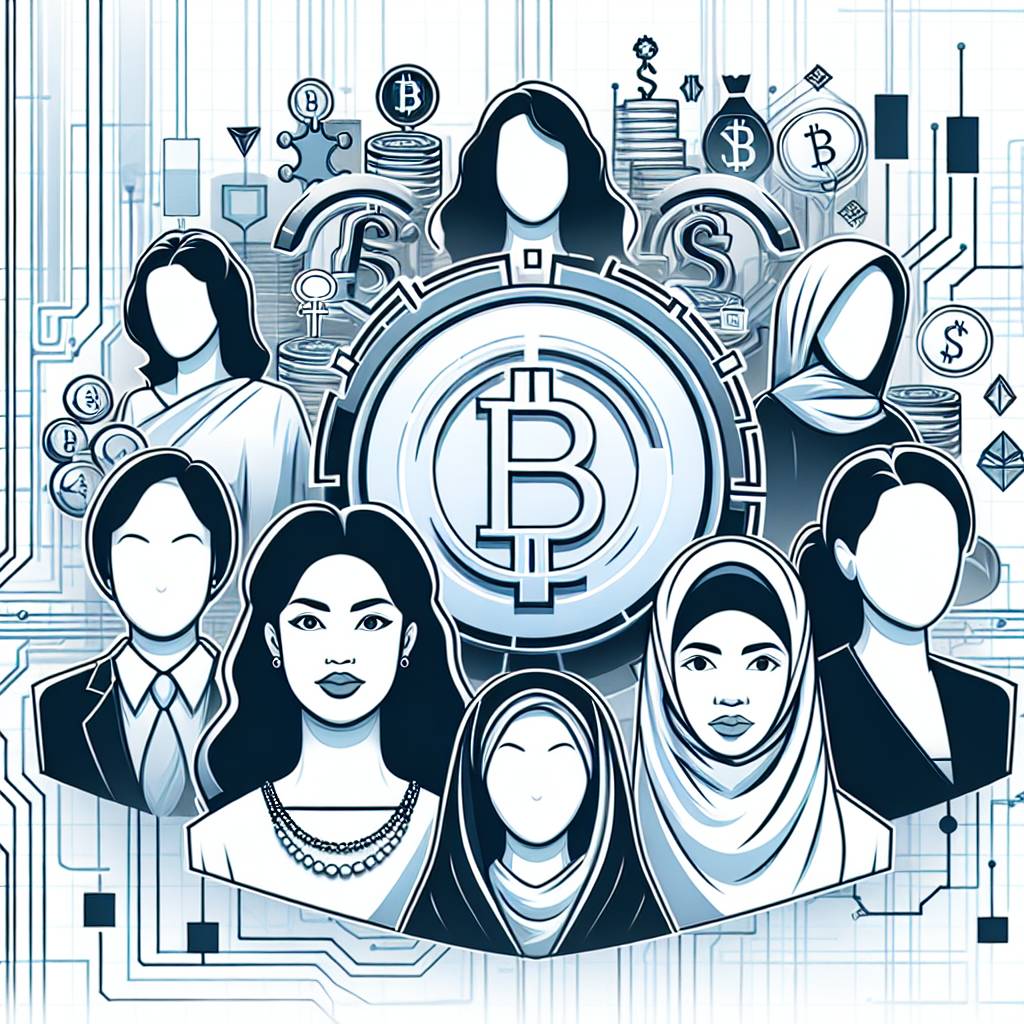What is the significance of the message in the first block of Bitcoin?
What is the importance and meaning of the message included in the first block of the Bitcoin blockchain?

9 answers
- The message included in the first block of the Bitcoin blockchain, also known as the Genesis block, holds great symbolic significance. It was a statement made by Bitcoin's creator, Satoshi Nakamoto, and it reads 'The Times 03/Jan/2009 Chancellor on brink of second bailout for banks.' This message not only marks the birth of Bitcoin but also highlights the motivation behind its creation. It is a clear critique of the traditional banking system and the need for an alternative decentralized currency. The inclusion of this message in the Genesis block serves as a reminder of the core principles and values that Bitcoin was built upon.
 Dec 29, 2021 · 3 years ago
Dec 29, 2021 · 3 years ago - The message in the first block of Bitcoin, known as the Genesis block, is like a time capsule that captures the historical context and purpose of Bitcoin. It references a headline from The Times newspaper on January 3, 2009, which highlights the financial crisis and the potential for a second bailout for banks. This message signifies the desire for a new financial system that is not controlled by central authorities and is resistant to censorship. It represents the decentralized and transparent nature of Bitcoin, as well as its goal of providing a secure and trustless form of digital currency.
 Dec 29, 2021 · 3 years ago
Dec 29, 2021 · 3 years ago - The message in the first block of Bitcoin, also known as the Genesis block, is a clever way for Satoshi Nakamoto to make a statement about the flaws of the traditional banking system. By referencing the headline 'The Times 03/Jan/2009 Chancellor on brink of second bailout for banks,' Nakamoto is highlighting the need for an alternative financial system that is not susceptible to the same issues. This message serves as a reminder that Bitcoin was created as a response to the financial crisis and as a solution to the problems inherent in centralized banking. It symbolizes the revolutionary nature of Bitcoin and its potential to disrupt the traditional financial industry.
 Dec 29, 2021 · 3 years ago
Dec 29, 2021 · 3 years ago - The message in the first block of Bitcoin, the Genesis block, is a powerful statement that reflects the vision and ideals of its creator. Satoshi Nakamoto included the headline 'The Times 03/Jan/2009 Chancellor on brink of second bailout for banks' to emphasize the need for a decentralized and transparent financial system. This message serves as a historical marker, reminding us of the motivation behind Bitcoin's creation and its potential to revolutionize the way we think about money. It is a symbol of resistance against centralized control and a call for financial freedom.
 Dec 29, 2021 · 3 years ago
Dec 29, 2021 · 3 years ago - The message in the first block of Bitcoin, the Genesis block, carries significant meaning within the cryptocurrency community. It represents the birth of Bitcoin and the underlying principles that differentiate it from traditional currencies. The inclusion of the headline 'The Times 03/Jan/2009 Chancellor on brink of second bailout for banks' serves as a reminder of the flaws in the existing financial system and the need for a decentralized alternative. This message is a testament to the revolutionary nature of Bitcoin and its potential to reshape the global economy.
 Dec 29, 2021 · 3 years ago
Dec 29, 2021 · 3 years ago - The message in the first block of Bitcoin, the Genesis block, is a historical artifact that encapsulates the spirit of Bitcoin's creation. It serves as a timestamp for the birth of the cryptocurrency and carries a symbolic message about the flaws of the traditional banking system. By referencing the headline 'The Times 03/Jan/2009 Chancellor on brink of second bailout for banks,' Satoshi Nakamoto highlights the need for a new financial paradigm that is not controlled by centralized authorities. This message represents the revolutionary potential of Bitcoin and its ability to empower individuals in the realm of finance.
 Dec 29, 2021 · 3 years ago
Dec 29, 2021 · 3 years ago - The message in the first block of Bitcoin, also known as the Genesis block, is a subtle yet powerful statement. By including the headline 'The Times 03/Jan/2009 Chancellor on brink of second bailout for banks,' Satoshi Nakamoto is drawing attention to the flaws of the traditional banking system and the need for an alternative. This message serves as a historical marker, reminding us of the context in which Bitcoin was born and the motivation behind its creation. It symbolizes the desire for a more transparent, secure, and inclusive financial system.
 Dec 29, 2021 · 3 years ago
Dec 29, 2021 · 3 years ago - The message in the first block of Bitcoin, the Genesis block, is a nod to the historical context in which Bitcoin was created. By including the headline 'The Times 03/Jan/2009 Chancellor on brink of second bailout for banks,' Satoshi Nakamoto is making a statement about the flaws of the traditional financial system. This message serves as a reminder that Bitcoin was born out of a desire for a decentralized and censorship-resistant currency. It symbolizes the need for a financial system that is not controlled by central authorities and is open to anyone, anywhere in the world.
 Dec 29, 2021 · 3 years ago
Dec 29, 2021 · 3 years ago - The message in the first block of Bitcoin, the Genesis block, is a powerful declaration of Bitcoin's purpose. By including the headline 'The Times 03/Jan/2009 Chancellor on brink of second bailout for banks,' Satoshi Nakamoto is highlighting the flaws of the traditional banking system and the need for an alternative. This message serves as a timestamp for the birth of Bitcoin and a reminder of its mission to provide a decentralized, transparent, and secure form of digital currency. It symbolizes the potential for a financial revolution and a shift towards a more equitable global economy.
 Dec 29, 2021 · 3 years ago
Dec 29, 2021 · 3 years ago
Related Tags
Hot Questions
- 85
What are the tax implications of using cryptocurrency?
- 75
How can I protect my digital assets from hackers?
- 68
Are there any special tax rules for crypto investors?
- 57
What is the future of blockchain technology?
- 54
How can I buy Bitcoin with a credit card?
- 47
What are the best digital currencies to invest in right now?
- 36
How does cryptocurrency affect my tax return?
- 24
What are the best practices for reporting cryptocurrency on my taxes?
